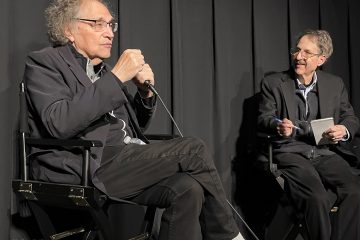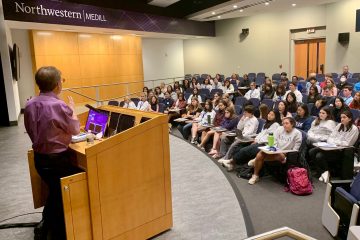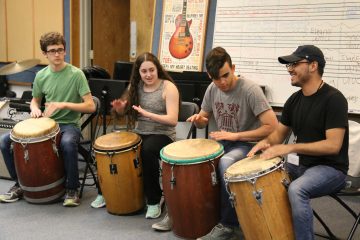An illuminating Bay Area premiere
“For the Left Hand” made its California debut at a festival created in 1998 for a specific purpose: “to honor the 50th anniversary of the Universal Declaration of Human Rights,” according to festival founder and executive director Jasmina Bojic.
Too few countries have observed the tenets of that crucial United Nations document, but at least it has established a marker for fundamental human rights and, in so doing, set the tenor of the United Nations Association Film Festival.
Many individuals and institutions tried to deny the human rights of pianist Norman Malone, subject of “For the Left Hand.” He faced discrimination based on his disability, his lack of wealth and, in subtle ways, his race. Which perhaps helps explain why UNAFF featured “For the Left Hand” (during the festival’s opening weekend, Oct. 23).
The San Francisco Bay Area audience responded emotionally to the film, applauding, laughing and sighing aloud at key junctures. As always, some of the most illuminating moments occurred during the Q-and-A following the film.
“How did Norman react to seeing himself onscreen the first time he watched the film?” asked one filmgoer.
This was an indelible memory for co-director Gordon Quinn and writer/co-producer Howard Reich.
Quinn explained to the crowd that Kartemquin always shows a film to its subject before locking down the picture. The idea is to give the person a voice in how a life’s story is told.
In the case of “For the Left Hand,” the pandemic meant that several months ago Norman watched the nearly completed film at home on his computer. Then he convened with the filmmaking team in a conference call.
“When I watched the film, I saw my age, I saw my disability, I saw what I look like,” Norman told the team. “And I could reject that or accept it. I choose to accept it.”
Another note about “For the Left Hand” at UNAFF: The festival’s program material — online and in print — credits not only directors Quinn and Leslie Simmer but also producers Diane Quon and Reich. This inclusiveness in crediting extends to other films in the fest.
Quinn considers this approach essential, since filmmaking is above all a collective effort. The auteur theory does not necessarily apply.
“I’ve been impressed with this festival as a very thoughtful and progressive one,” said Quinn.
Along these lines, it’s worth noting that the “For the Left Hand” screening was paired with a short film, director-producer Dale Djerassi’s jubilant “Resurrection! Airto Moreira & The Preservation Hall Jazz Band.” Like “For the Left Hand,” “Resurrection!” portrays a seasoned artist — revered Brazilian percussionist Moreira — enjoying an unexpected artistic rebirth late in life.
All things are possible, both films argue, in the realm of music.


